This is despite the company claiming at the time of construction in 2007 that its MBT plants would divert 75% of waste from landfill once complete
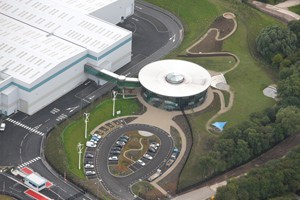
However, Lancashire county council which sends its waste for treatment by Global Renewables has defended the facilities, saying they were still in commissioning phases during 2011/12, having been opened in summer 2010.
The contract for waste treatment was awarded in 2007 by Lancashire county council and Blackpool council under a 2bn, 25-year agreement to process the household waste from a population of 1.4 million people in Lancashire (see letsrecycle.com story).
Analysis of figures on WasteDataFlow reveals that the two plants operated by Global Renewables in Farington and Thornton, which opened in summer 2010, sent 73% and 78% of their input from Lancashire county council to landfill in 2011/12 respectively.
Sue Woodhouse, a spokeswoman for the Global Renewables Lancashire said she was unable to comment on the figures at present. The firm is co-owned by shareholders Amec and Lend Lease Corporation which each have a 50% stake in the business.
A Lancashire county council spokesman confirmed that the costs of sending the extra waste to landfill were picked up by the county but said that it expected the landfill diversion rate to improve.
Figures for the April June 2012, the first quarter of 2012/13, suggest improvements have been at the Farington facility as the amount of waste sent to landfill from the MBT has reduced to 54%. From this quarter, the Farington facility began producing refuse derived fuel which is sent for energy recovery. But, the amount of waste sent to landfill from the Thornton facility remained high at 77% of its input.
Audit
A report by the Audit Commission, from September 2012, says that during 2011/12 it became increasingly apparent that Lancashire county councils contract with Global Renewables was not delivering as originally envisaged, putting pressure on its landfill budget.
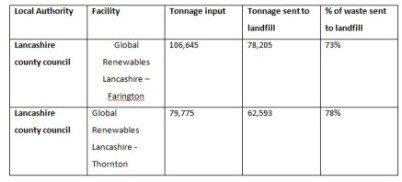
The Commission notes that the council had been working with Global Renewables to reduce the ongoing financial risks to the council and noted: A memorandum of understanding and change to the contract have recently been agreed which are intended to incentivise diversion from landfill, thereby reducing the financial pressures on the landfill budget. There remain significant challenges in delivery of the expected performance and financial impact of the contract going forwards.
Lancashire
Steve Scott, head of waste management at Lancashire county council, confirmed to letsrecycle.com that the plants were still in their commissioning phases at the time and that a higher landfill diversion rate was expected in 2013/14.
Mr Scott said: We expected to be sending the vast majority of waste to landfill during 2011/12 as the plants, which opened in summer 2010, were still being commissioned and formal services under the PFI contract did not begin until during 2011.
Now they’re fully up and running and we’ve had time to fine-tune the treatment processes and refine the products produced we expect to divert well in excess of 60% of waste from landfill during 2013/14. The materials being recovered from the plants are of excellent quality and we’ve recently secured arrangements for the reprocessing and re-use of significant quantities of materials that have to date gone to landfill.
Related Links
Global Renewables had hoped to send the compost-like output (CLO) produced from the facilities to be spread to land. Mr Scott said the council was working to develop local markets and further improve the material produced from the facilities, with a target of diverting between 70% and 80% from landfill in the future.
Process
Waste sent to the facilities is first loaded onto conveyor belts which see recyclables and inorganic materials removed from the waste, before the remainder is sent to percolators. The percolators wash the organic part of the waste which is then sent to the composting hall to make an organic growth medium a compost-like output (CLO). The leftover water is drained off and sent to digesters where it breaks down to create methane which can be used to generate renewable energy.





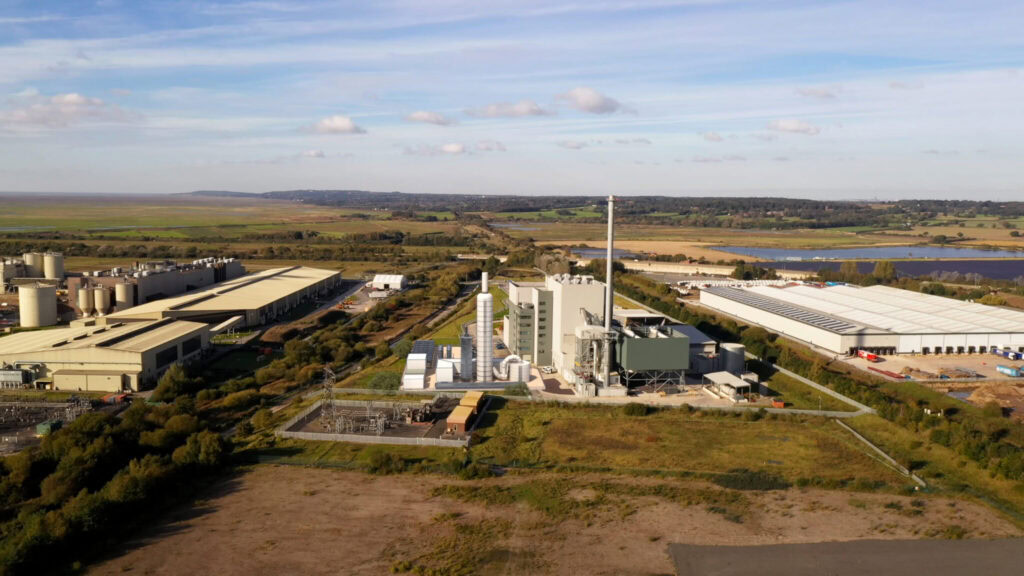
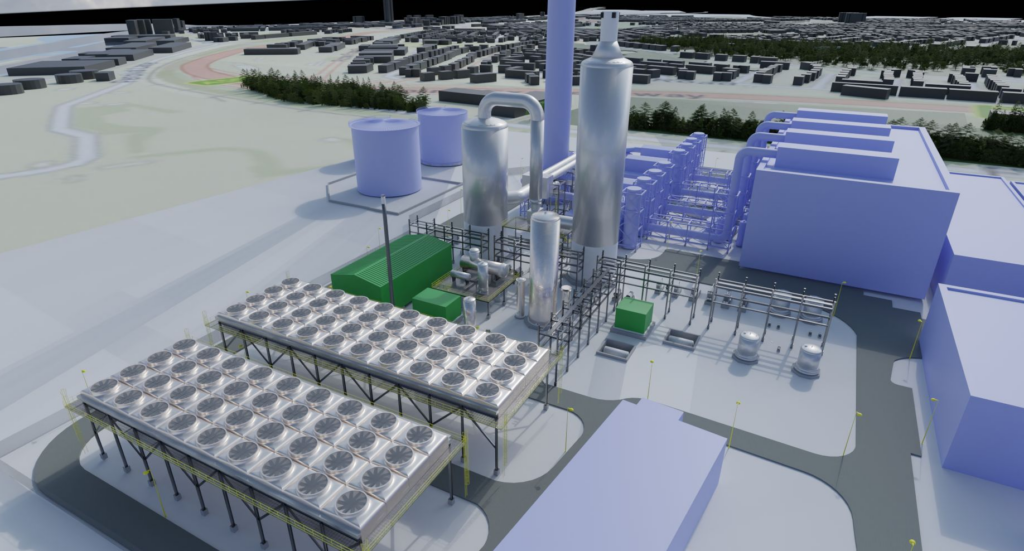
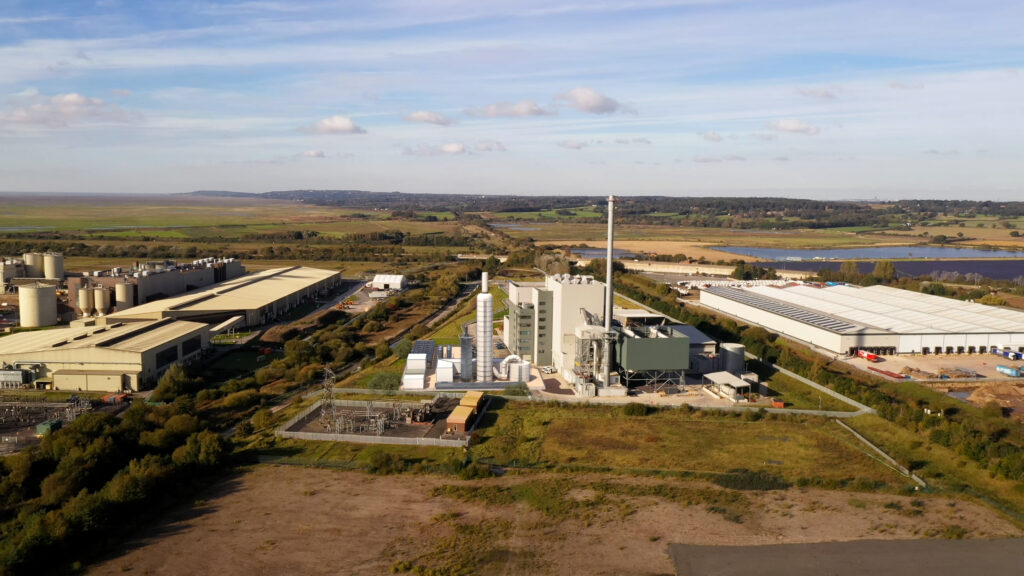

Subscribe for free